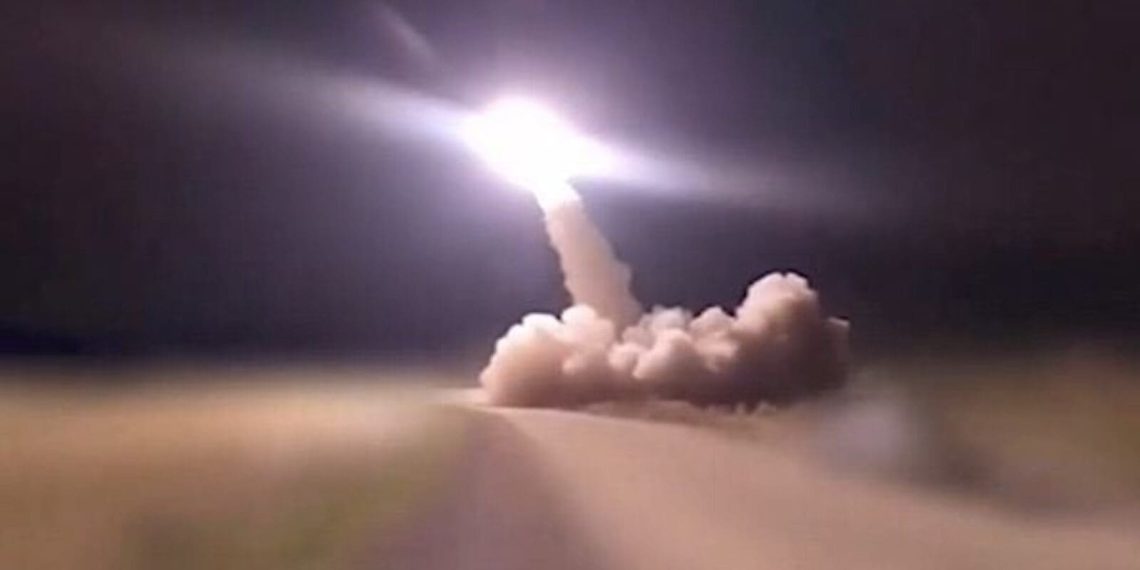On Oct. 21, the plenary of the Financial Action Task Force, or FATF, will convene in Paris. Should the organization that sets global standards for countering money laundering and terror finance consider removing the Islamic Republic of Iran from its blacklist, as Tehran hopes, the answer should be a resounding and unequivocal “no.”
FATF has previously told Tehran it needs to address technical issues like weak customer due diligence mechanisms; processes for identifying and sanctioning unlicensed money transfer service providers; and ensuring that financial institutions verify originator and beneficiary information. But Iran has yet to comply with the full action plan FATF has identified. FATF should not remove the Islamic Republic from the blacklist until it ceases the actions that have made Tehran the world’s leading sponsor of terrorism and terrorism finance.
One of the bloodiest terrorist attacks associated with the regime occurred on October 7, 2023, when Iran-backed Hamas massacred or kidnapped nearly 1,500 people from southern Israel, including Israeli civilians, at least 40 Americans, and citizens of 45 countries. The terrorist group recently executed six of the hostages in cold blood, including an American citizen.
But Iran’s malign role in the Middle East hardly started there.
In the last 12 months, Iran has provided funds and weapons to the Houthis, a Yemen-based terrorist organization. The Houthis, a proxy and willing partner of Tehran, have launched scores of deadly missiles and drones targeting international tankers and ships. This has disrupted billions of dollars in global trade in the Red Sea, including food, oil and gas, and consumer goods, impacting all FATF member countries. […]
— Read More: www.wnd.com


